The Role of Hydration in Enhancing Athletic Performance and Recovery
### The Role of Hydration in Enhancing Athletic Performance and Recovery
**Introduction**
Hydration is often an overlooked element in the realm of athletic performance and recovery. While many athletes focus on training regimens, nutrition, and supplements, the simple act of drinking water can significantly impact their performance. Dehydration can lead to fatigue, decreased coordination, increased risk of injury, and impaired recovery. Understanding the importance of hydration and implementing effective strategies can help athletes perform better, recover faster, and ultimately achieve their goals.
**The Science of Hydration**
Water is essential for virtually every function in the body. It maintains homeostasis, regulates body temperature, aids in nutrient transport, and facilitates muscle contractions. During exercise, the body loses water through sweat and respiration, leading to dehydration if not adequately replenished. Even a loss of as little as 2% of body weight due to dehydration can hinder physical performance, causing fatigue, decreased strength, and impaired cognitive function.
**Health Benefits of Proper Hydration**
1. **Enhanced Performance**: Adequate hydration helps maintain optimal blood volume and muscle function, which is crucial for peak athletic performance. Hydrated muscles can contract more efficiently, leading to improved strength, endurance, and overall performance.
2. **Faster Recovery**: Post-exercise hydration aids in the recovery process by promoting nutrient delivery to muscles and removing metabolic waste. This helps reduce muscle soreness and speeds up recovery time, allowing athletes to train harder and more frequently.
3. **Cognitive Function**: Staying hydrated is not only important for physical performance but also for mental sharpness. Dehydration can lead to decreased concentration, increased perception of effort, and slower reaction times, all of which can negatively impact athletic performance.
4. **Reduced Risk of Injury**: Dehydration can lead to muscle cramps and heat-related illnesses, increasing the risk of injury. Proper hydration helps maintain electrolyte balance, which is crucial for muscle function and injury prevention.
**Nutrition Tips for Optimal Hydration**
1. **Set a Daily Hydration Goal**: Aim to drink at least half your body weight in ounces of water daily. For example, a 150-pound athlete should target 75 ounces of water each day. Adjust this goal based on activity level, climate, and individual needs.
2. **Monitor Fluid Loss**: Weigh yourself before and after workouts to assess fluid loss. For every pound lost, consume about 16-24 ounces of water to replenish your body.
3. **Include Electrolytes**: During prolonged or intense exercise, consider adding electrolyte-rich beverages or foods (like bananas, coconut water, or sports drinks) to replace lost sodium, potassium, and magnesium.
4. **Eat Hydrating Foods**: Incorporate fruits and vegetables with high water content, such as watermelon, cucumbers, and oranges, into your diet. These foods not only provide hydration but also essential vitamins and minerals.
**Exercise Advice for Staying Hydrated**
1. **Pre-Workout Hydration**: Drink 16-20 ounces of water 2-3 hours before exercising and another 8-10 ounces about 20-30 minutes before your workout. This will ensure optimal hydration levels during your training session.
2. **Hydration During Exercise**: For workouts lasting over an hour, consider sipping on a sports drink that contains electrolytes. Aim to drink 7-10 ounces every 10-20 minutes to maintain hydration levels.
3. **Post-Workout Hydration**: Rehydrating after exercise is crucial. Drink at least 16-24 ounces of water for every pound lost during the workout. Including a recovery drink that contains carbohydrates and protein can also aid in replenishing energy stores and promoting muscle repair.
**Conclusion**
Hydration is a vital component of athletic performance and recovery that should not be underestimated. By understanding the role of water in the body and implementing effective hydration strategies, athletes can enhance their performance, expedite recovery, and promote overall health
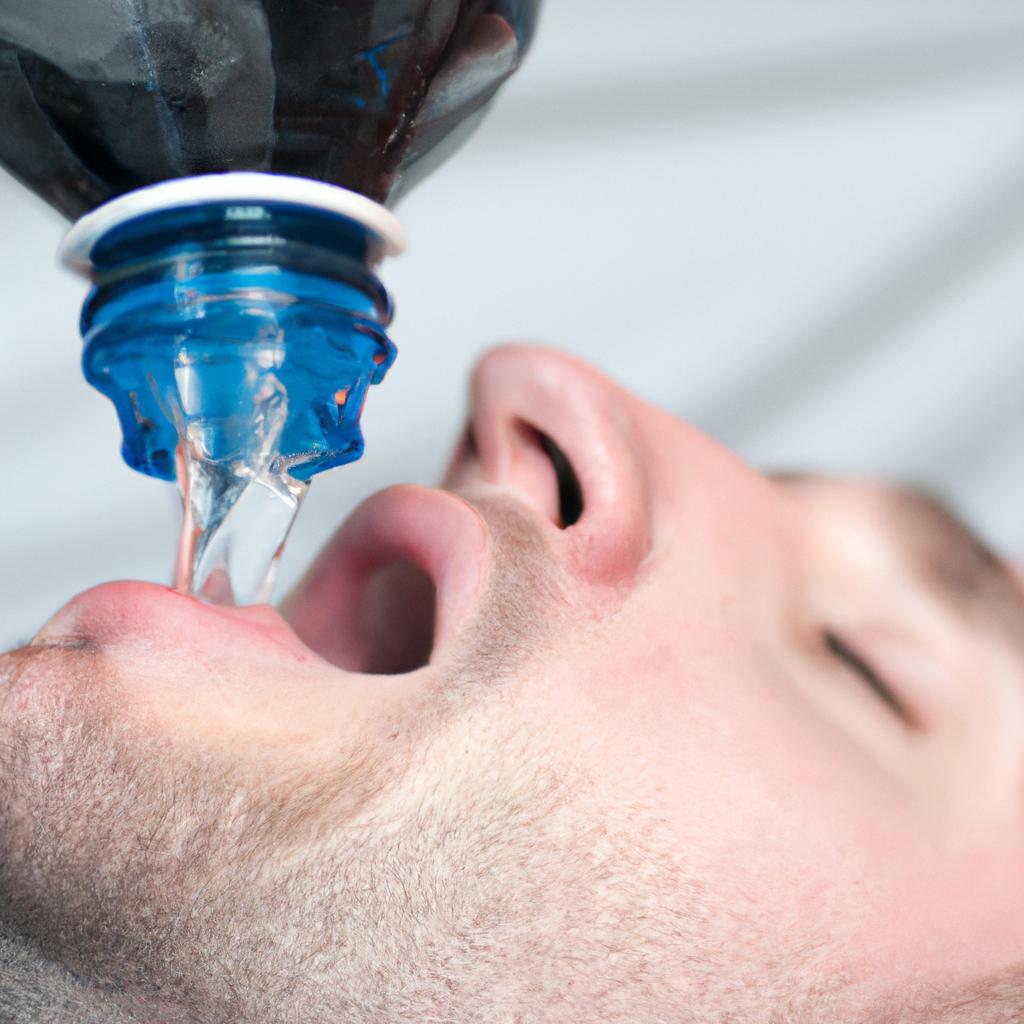

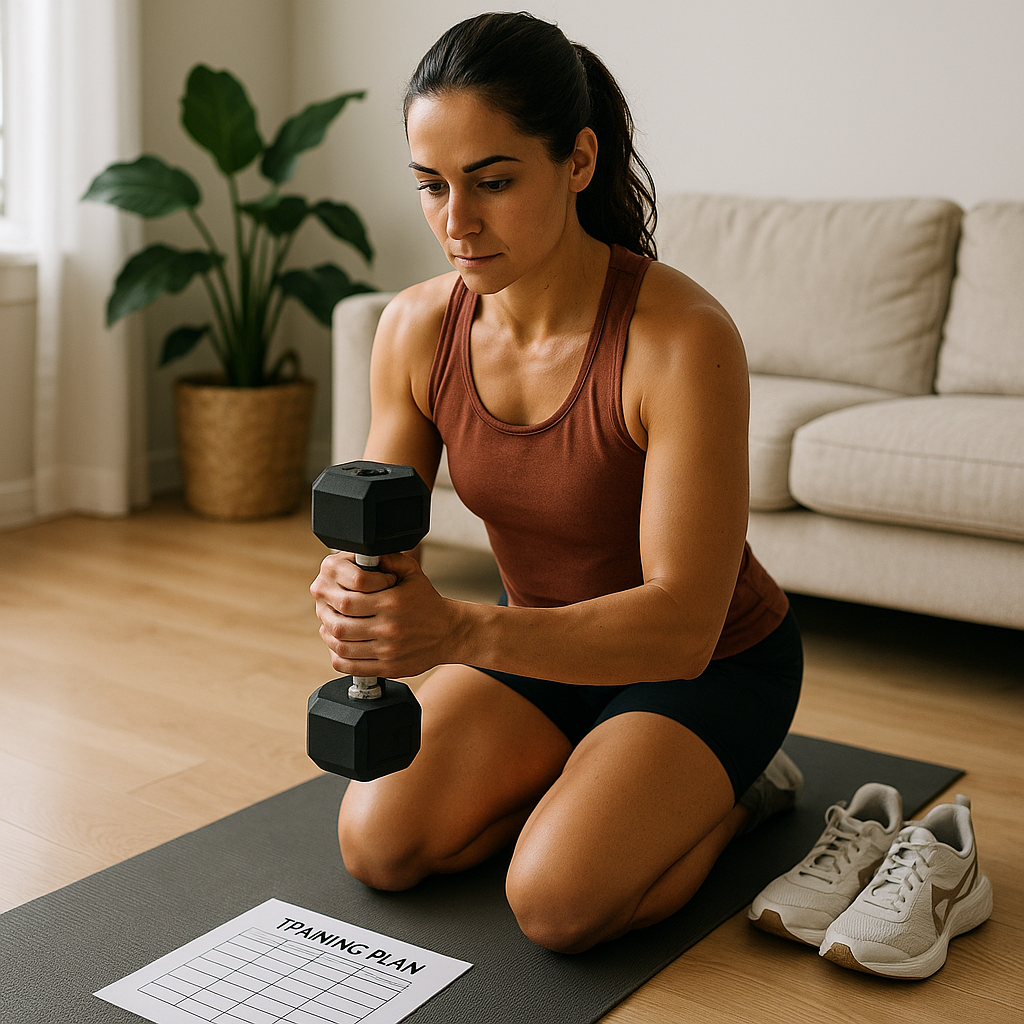


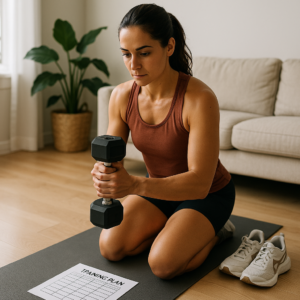



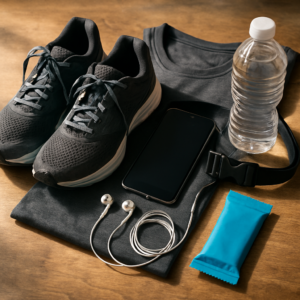
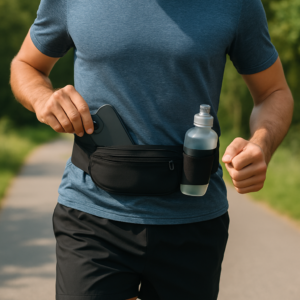
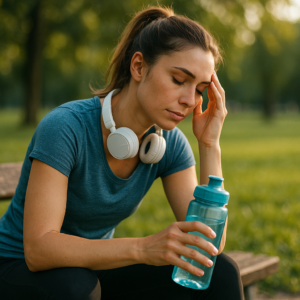


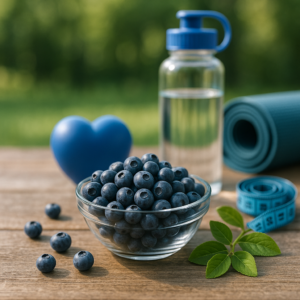
Post Comment